
MSI Cubi 5 is a brilliant Linux mini desktop computer (yes, it runs Windows 10 too)
The Intel NUC has long been a favorite of Linux users, as the diminutive computer just works out of the box. Since almost everything is Intel-based -- including the graphics and Wi-Fi card -- you never have to worry about hardware having compatibility issues. They have historically been easy to upgrade too, allowing users to upgrade RAM, storage, and wireless. Sadly, new NUCs have soldered Wi-Fi cards, so you are essentially stuck with what it comes with. That stinks -- Intel is acting like Apple!
Thankfully, there is another mini computer that is also based on 10th generation Intel Core processors, but it does allow the wireless card to be upgraded. MSI's "Cubi 5," as it is called, is very similar to Intel's NUC, but it has better upgradeability. And yes, all modern Linux distributions will install and run without issue. I have been testing the Intel Core i5-10210U variant (there are also Core i3 and i7 models), which is a quad-core with 8 threads. While my configuration came with Windows 10 Home pre-installed, I immediately added Fedora to the mix in a dual-boot configuration.
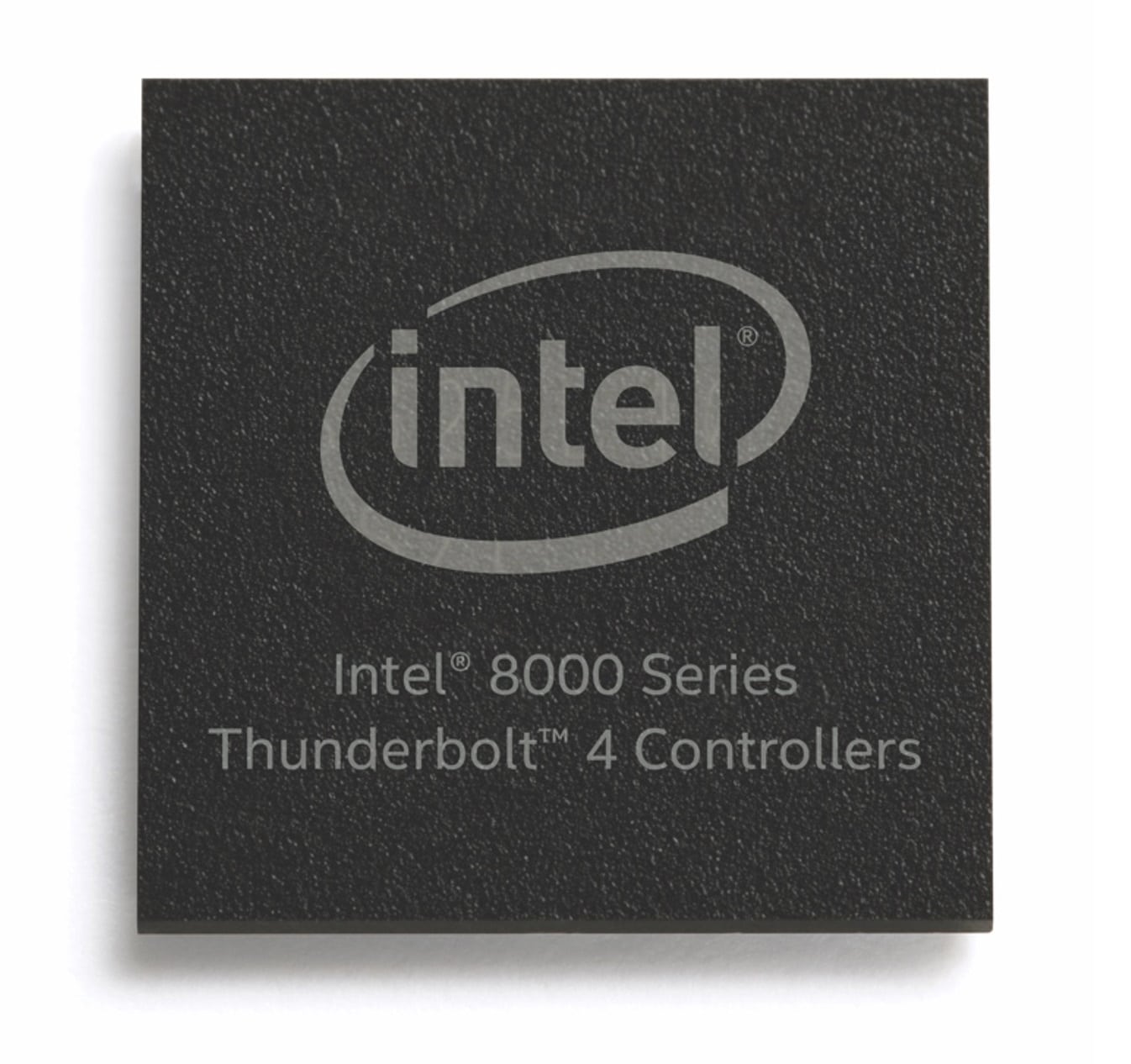
Intel unveils Thunderbolt 4
Thunderbolt 3 has been a game-changer for many consumers, allowing them to connect very powerful docking stations and fast external SSDs to their laptops. While the third-gen of Thunderbolt has been more popular than previous generations, it still hasn't gained huge adoption by computer makers. Sure, Apple and some Windows laptop manufacturers have embraced it, but good ol' USB-A still reigns supreme. It doesn't help that most AMD-powered computers don't have TB3. This will likely change when Thunderbolt 3 is folded into the upcoming USB 4.0 standard.
Intel isn't satisfied to rest on its laurels, however, as it is continuing to push boundaries. Technology must be moved forward, and today, Intel officially announces Thunderbolt 4! And yes, it uses the same USB-C connector. If you are concerned about all of your existing Thunderbolt 3 devices becoming obsolete -- don't be. Intel promises all TB3 and USB-C devices will be compatible with TB4. Best of all, TB4 will add protections to help prevent the kind of vulnerabilities found in TB3.
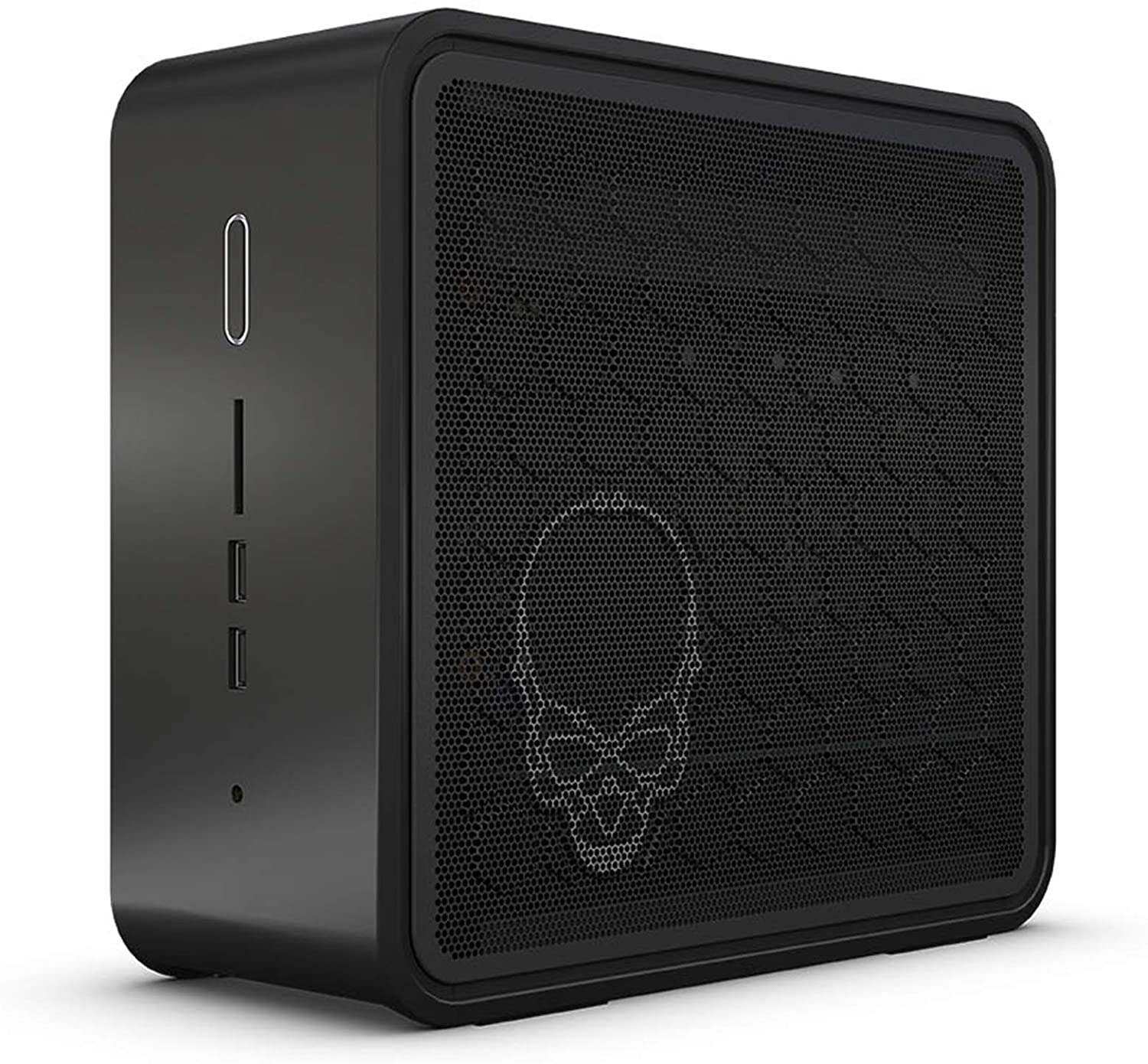
The Linux-friendly Ghost Canyon Intel NUC 9 Extreme is finally available for purchase
Intel's diminutive NUC bare-bones computers are quite a bit of fun. Not only are they cute and tiny, but once you add RAM and storage, they can run both Windows 10 and Linux brilliantly. Hell, I am currently running macOS on one as a "Hackintosh" (Shh! Don't tell Apple). The only knock on the NUC is that you can't really upgrade the GPU. Unless your NUC has Thunderbolt 3 and you add a pricey eGPU, you are essentially stuck with Intel's ho-hum onboard graphics.
With the unveiling of the "Ghost Canyon" Intel NUC 9, however, this changed. While obviously bigger than earlier NUC models, this unit can accommodate a proper gaming card from AMD or NVIDIA (if you choose to add one). You can even eventually upgrade the CPU with what Intel calls replaceable "compute elements." And now, if you have some money to spare, you can finally buy the top model of Ghost Canyon -- the drool-worthy Intel NUC 9 Extreme is available today!

Macs will use ARM-based Apple processors instead of Intel -- is Hackintosh dead?
Today at WWDC 2020, Apple confirmed the rumors -- the company is ditching Intel processors for future Mac computers. While there are technically still some future Intel-powered Macs in the pipeline, Apple intends to eventually switch to its own in-house chips exclusively. The company expects it will take two years for the transition to complete. The last time Mac made such a switch, it was PowerPC to Intel.
Obviously, these ARM-based chips will not be able to run current versions of macOS, so Apple has also announced the next version of the OS that will be compatible. Called "Big Sur," this upcoming version of macOS will also be able to run legacy third-party x86_64 programs through its Rosetta compatibility layer. All Apple programs will be designed for the ARM chips directly.
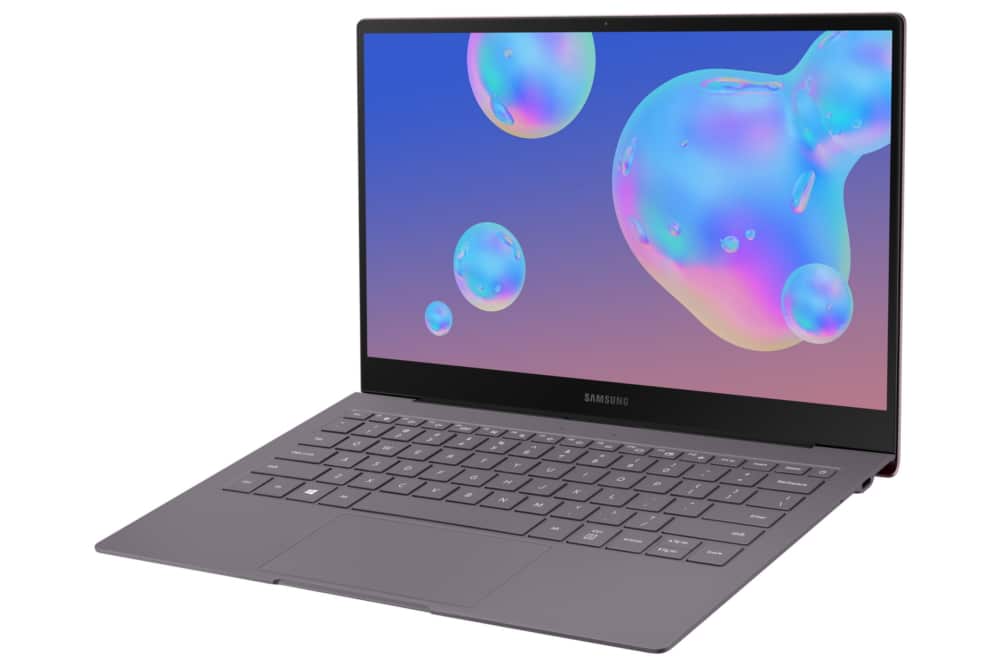
Samsung Galaxy Book S is first Windows 10 laptop powered by Intel Lakefield hybrid CPU
Now is a wonderful time to be in the market for a laptop. There are many great models powered by the latest Intel and AMD processors. Companies like HP and Dell, for instance, have some very compelling computers out right now, while Microsoft recently released some new Surface devices. If you live on the web, a Chromebook may meet your needs. Heck, even Apple notebooks should be considered, as its entire MacBook line finally has "good" keyboards again. Whether your budget is a few hundred bucks -- or a few thousand -- there is a quality laptop out there for you.
The problem with having such a crowded laptop market, is manufacturers can have a hard time standing out among the competition. Well, Samsung has managed to do exactly that. You see, today, the company announces that its existing 13.3-inch Galaxy Book S is the first-ever computer to get Intel's revolutionary Lakefield CPU as an option. This fanless (woo-hoo!) Intel Core processor with Intel Hybrid Technology (Core i5-L16G7) enables very long standby battery life, making it an intriguing machine for road-warriors. The Galaxy Book S can be an "always-connected" computer thanks to its Wi-Fi 6 and LTE radios. You also get 8GB of LPDDR4x RAM and up to 512GB of SSD storage. Best of all, unlike the neutered ARM model of the Galaxy Book S, this Intel variant can run all Windows programs -- including 64-bit software!

Linux-creator Linus Torvalds joins Linus Sebastian of Linus Tech Tips in embracing AMD over Intel
I have long been an AMD "fanboy," usually choosing that company's processors for my PC builds. Why? I prefer value to just throwing cash at raw performance, and with AMD I have always gotten plenty of power for my money. Historically, on the higher-end, Intel used to beat AMD regularly, but nowadays, things have really changed. AMD often destroys the competition across the board, as Intel has grown quite stale. Are Intel chips bad now? Not at all, but the innovation is coming from AMD. Facts.
And so, I was quite delighted when Linus Sebastian of YouTube channel Linus Tech Tips (of whom I am a big fan) saw the light and began embracing AMD lately (despite his love for Intel). It was very neat to see AMD Ryzen and Ryzen Threadripper processors being heralded by someone who is typically an Intel guy. Believe it or not, yet another Linus (no, not Linus van Pelt from Peanuts) is jumping to AMD, and this time it is probably a bigger deal than Sebastian's current change of allegiance. You see, Linus Torvalds, the father of Linux, is no longer using an Intel CPU on his main computer. Woah.

Thunderspy vulnerability in Thunderbolt 3 allows hackers to steal files from Windows and Linux machines
Security researcher Björn Ruytenberg has revealed details of a vulnerability in the Thunderbolt 3 standard. The security flaw means that it is possible for a hacker with physical access to a computer to copy data even if the files are encrypted and the computer is locked.
The vulnerability affects all systems with Thunderbolt ports that shipped between 2011 and 2020, but some systems that shipped since 2019 have Kernel DMA Protection which means they are only partly at risk. Testing tools are available for both Windows and Linux so you can check to see if your computer is vulnerable.
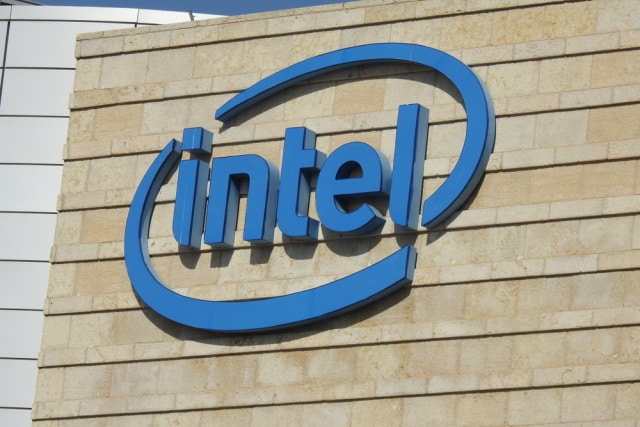
Intel publishes letter apologizing for CPU supply issues
Intel has published a letter in which it apologizes to customers and partners for on-going problems with CPU supplies. The company says that while it is "working hard to regain supply-demand balance", it "remains a challenge".
In spite of the company's best effort, supplies are still "extremely tight" and the letter appears to be part of an appeasement campaign to calm the frustrations of those hit by shipment delays.

Quick, Windows and Linux users! Intel is removing BIOS updates and drivers for older hardware
If you're using older Intel hardware, you should think about downloading BIOS updates and drivers for your devices. Why? Intel is removing downloads for older hardware from its website.
While there has -- as yet -- been no official announcement about what is happening, many people have noticed a warning message when they try to download particular pieces of software. It seems that a number of Windows and Linux drivers and updates are being removed as early as the end of this week.
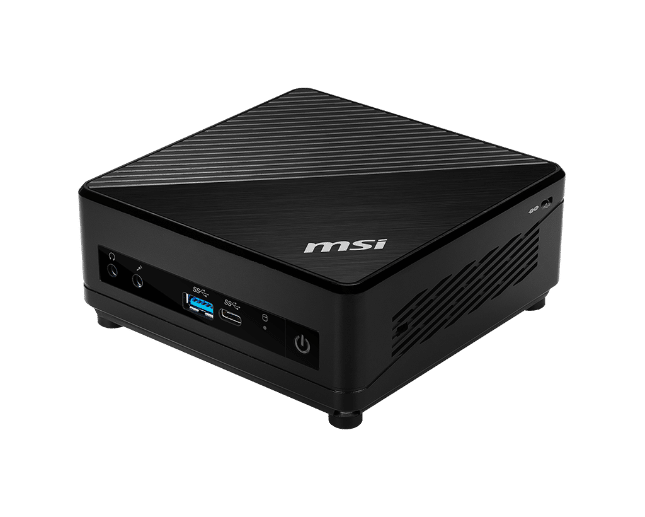
MSI Cubi 5 should make an excellent mini Linux computer
If you want a basic Linux desktop, you can never go wrong with an all Intel-based mini computer -- such as that company's own NUC line. Things typically work without issue -- an Intel Wi-Fi card, for instance, shouldn't give you any headaches on Linux.
Intel is not the only game in town, however. Other companies manufacture and sell mini desktop computers too. Today, MSI unveils its latest, and it looks like a real winner. Called "Cubi 5," it comes with 10th gen Intel Comet Lake processors, USB-C, and supports Wi-Fi 6 (802.11ax).
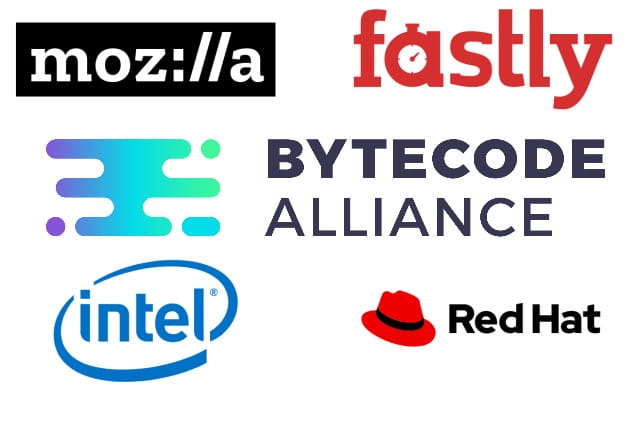
Mozilla, Intel, Red Hat and Fastly join forces, forming Bytecode Alliance to create new software foundations
Four of the biggest names in technology -- Mozilla, Intel, Red Hat and Fastly -- have come together to create the Bytecode Alliance. The joining of forces sees the birth of an, "open source community dedicated to creating new software foundations, building on standards such as WebAssembly and WebAssembly System Interface (WASI)".
One of the aims is to take WebAssembly outside of browsers, taking whatever steps are necessary to ensure a secure ecosystem. More companies are expected to join the four founding member in the coming years.
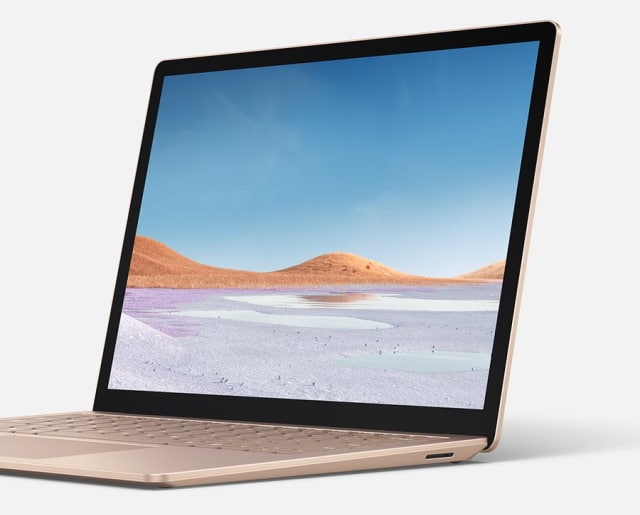
Microsoft reveals Surface Laptop 3 -- available to pre-order today
After a series of leaks, Microsoft today officially unveiled the latest additions to the Surface lineup. Kicking things off is the Surface Laptop 3, available in 13- and 15-inch models.
Produced in partnership with AMD, the Surface Laptop 3 features a custom Surface Edition Ryzen processor for the 15-inch model. The 13-inch device features a quad-core 10th Gen Intel Core processor. Both retain the 3:2 aspect ratio. Let's dive in and take a look at the full specs.

Apple dropping a cool $1 billion on Intel's smartphone modem business
When you are a supplier for Apple, the iPhone-maker’s moves can have a huge impact on your business. If Apple makes a change to one of its design and no longer needs a supplier, it can pretty much ruin that supplier overnight. For example, when Apple stop doing business with a sapphire glass supplier, that company literally went bankrupt.
And so, with all of that said, the folks over at Qualcomm must be chugging Pepto-Bismol tonight. Why? Because it makes modems for Apple’s iPhone, and Apple is buying a smartphone modem business from Intel for a billion dollars. In other words, if this acquisition works out, Apple may soon no longer need Qualcomm for modems.
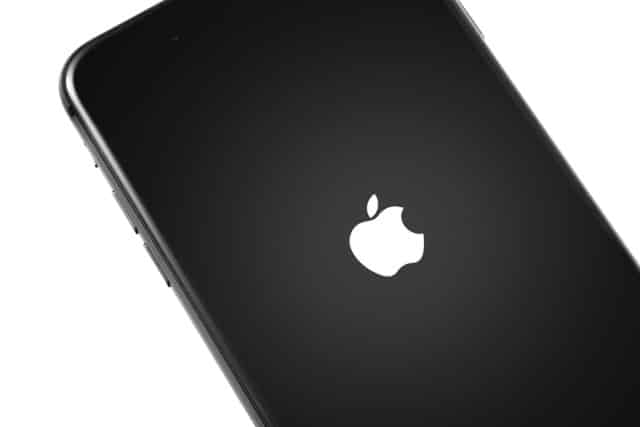
Apple may buy Intel's modem business for $1 billion as early as next week
Apple is said to be in advanced talks with Intel with a view to buying the company's 5G modem business for a figure upwards of $1 billion.
Following legal wrangles and fallings out with Qualcomm, Apple eventually came to an agreement with the firm, but now it seems that the iPhone-maker is turning its attention to Intel. The deal is said to include a portfolio of patents and staff.
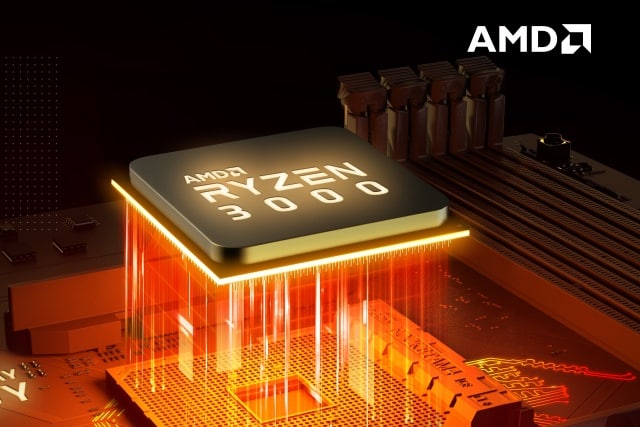
Intel announces ultra-fast 8-core Special Edition Core i9 9900KS; AMD fights back with super-cheap 7nm 12-core Ryzen 9 3900X
Today at Computex 2019, Intel and AMD have both unveiled their latest chips. Intel previewed its Special Edition Core i9 9900KS, an 8-core chip with the unique ability to run all of the cores at 5GHz simultaneously. The company also revealed details of Ice Lake, its 10nm mobile processors.
At the same time, AMD has also announced the Ryzen 3000 range of CPUs. Included in this range is the Ryzen 9 3900X, a 12-core chip running at 4.6GHz -- for the bargain price of $499.
